Understanding Nature-Based Solutions
We are facing a biodiversity emergency as well as a climate one.
Animal and plant life, as well as their habitats are under increasing threat. All of these elements combined support a healthy natural world, from which we depend.
The example of pollinators in Ireland explains the need for healthy natural systems and what happens when the systems become unhealthy:
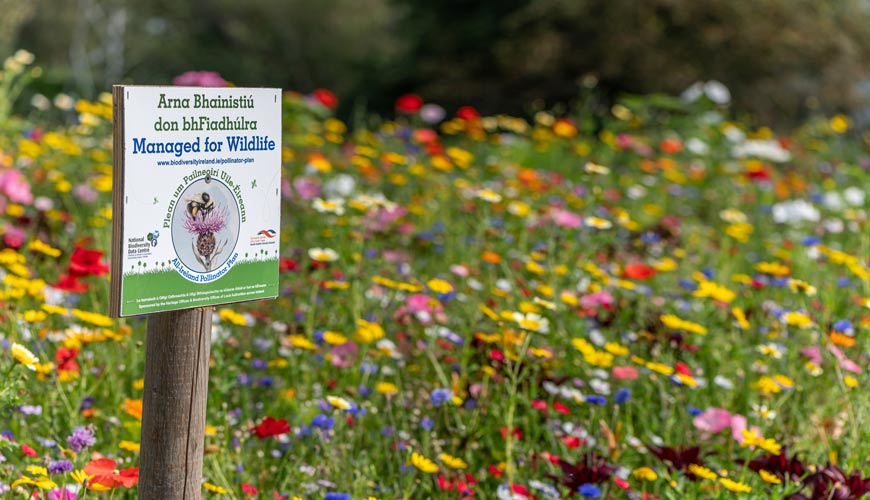
Pollinators
Most pollination on the island of Ireland is carried out by bees. Pollination is important to farmers growing crops and to gardeners that want to grow their own plants, fruit and vegetables. Without pollinators, much of what we see in our countryside would disappear, and our country would be a very different and less beautiful place.
In Ireland we have one species of managed honeybee and 97 species of wild bees – one third of these are threatened with extinction. If we want them to be there to pollinate crops and wild plants for our children and their children, we need to:
- create pollen and nectar-rich habitats that they can feed on e.g., native wildflowers
- keep hedgerows and wilder areas where they may live
- stop using herbicides or pesticides
- support wildflower meadows and less tidy natural spaces in public areas
A healthy pollinator population will indicate a healthy natural system which supports them and which in turn they support.
However, a lot of the human actions that cause climate change have also significantly damaged nature. Internationally this has resulted in the destruction of the variety of plants, wildlife, and habitats on the planet (also known as the biodiversity crisis).
In South Dublin we have public parks, private gardens, grasslands, woodlands, hedgerows, roadside verges, streams, rivers, and upland bogland and heath which all support wildlife, native trees, and plants.
These spaces also absorb some of the carbon dioxide that we release into the atmosphere, which negates some of the damage to the climate. Making sure these areas remain healthy and expanding them where possible is key to climate action.
Why this is Important
Humans need a healthy natural world to survive. From it we get our basic needs of water, food, medicines, and raw materials. The natural world provides other vital benefits to us. These include:
- Clean Air - trees and hedgerows provide the oxygen we need and clean the air of pollutants. They also offer places for pollinators and other insects and animals to live.
- Flood Resilience - wetlands, boglands, and soils help to protect us against the dangerous effects of flooding. They also filter pollution from water.
- Health and Well-Being - having good opportunities to engage with nature seems to bring positive health outcomes for us through reduced stress levels and improved mental health.
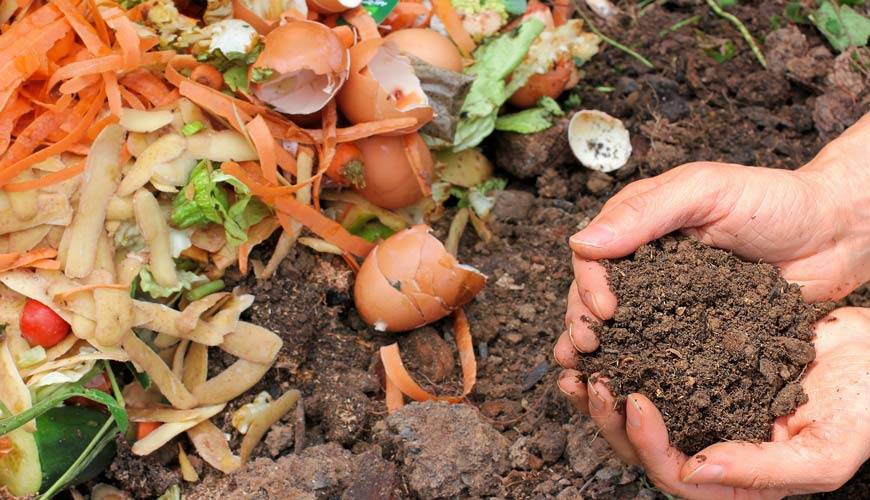
What We Need to Do
At home, work or in the community you can help to protect the natural world through trying the simple following actions:
- Perhaps unsurprisingly, plants and wildlife need what we also need: a safe home with enough food and water, away from chemicals, pollution, and risks.
- Keeping our green areas and adding new ones, from small window boxes containing native flowers up to larger spaces.
- Replacing natural ground with paving or otherwise removes spaces for nature. Sustainable Drainage Systems (SuDS) can be used by everyone to protect nature and improve flood resilience. You can find out more about SuDS by downloading our Householders Guide to Sustainable Drainage.
- Taking care of our streams and rivers for aquatic life by not polluting them is crucial. If we destroy these areas, we damage biodiversity, and we lose the power of the crucial benefits listed above.
- Cut your grass less regularly – a reduced mowing regime gives shelter and food to native wildlife and encourages wildflowers to naturally bloom and set seed, aiding bees, other pollinators, nesting birds, and other wildlife by providing food and shelter. For example, dandelions in your garden are good for pollinators when in bloom as they provide food, and when the dandelions close up, their seeds provide food for birds.
- Leaving areas of your garden or green space untidy, especially over winter, will provide plenty of areas for hibernation or shelter for the biodiversity that needs it. You will be rewarded with a rich mix of wildlife right in front of you.
- Eliminating weed killers and pesticides in your garden is critical for biodiversity. These chemicals are very adept at killing weeds or pests; however, they impact dramatically on beneficial species such as bees while also reducing the capacity for natural predators to maintain the delicate balance that nature strives for. Everyone has a role to play from individual gardeners to schools and communities.
- Composting at home is great for the environment, where your food and garden waste break down together to give you a rich, fertile compost. This can save you money on your waste collection or on the need to purchase commercial compost.
- If you are buying compost, choose peat free. Peat and peatlands are historic to Ireland. It is crucial that we continue the move to protecting them by leaving them in their natural state. It is estimated that peatlands cover approximately 3% of the world’s land area, however they store more carbon than all other vegetation types combined. Protecting them is a key climate action.
- Support climate action. By taking and supporting climate action across all areas of society, we will contribute to limiting the temperature increase in Ireland caused by climate change, which brings with it changing, intense weather patterns. These higher temperatures and changing weather patterns greatly impact biodiversity, so acting on climate change is also acting on supporting nature.
Whether you are an experienced gardener or you just like pretty window boxes there are some very useful publications which you might find helpful:
Gardening for Biodiversity is published by the Local Authority Heritage Officers Network. This wonderful publication written by Juanita Browne and illustrated by Barry Reynolds provides a step-by-step guide to practical actions that you can take to help biodiversity in your garden.
The Greener Gardening booklet was published by the Local Authority Prevention Network and provides useful tips on how to reduce/eliminate the use of pesticides, herbicides and fertilisers in your garden.
Other Threats to Biodiversity
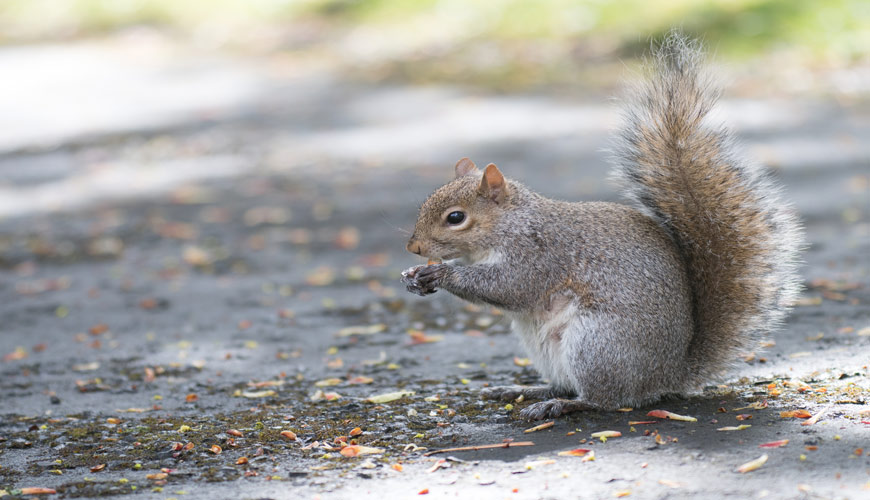
Invasive Species
Keep an eye out for invasive species as they pose a threat to native wildlife and habitats.
There are many examples in South Dublin, for example, Japanese Knotweed, Himalayan Balsam, and Giant Hogweed – they grow quickly and shade out native plants, meaning there is less habitat and feeding areas for native insects and birds.
Non-native invasive animal species in the County include American Mink and Grey Squirrel. Without natural predators in Ireland, their numbers have increased unchecked. Mink prey on water birds and fish, affecting numbers of ducks, kingfisher, dippers, and trout, while grey squirrels have pushed native red squirrels out of their natural range.
South Dublin County Council are already undertaking an annual programme of mapping and treatment of non-native invasive species. The control of such species in the County will continue to be an on-going response.
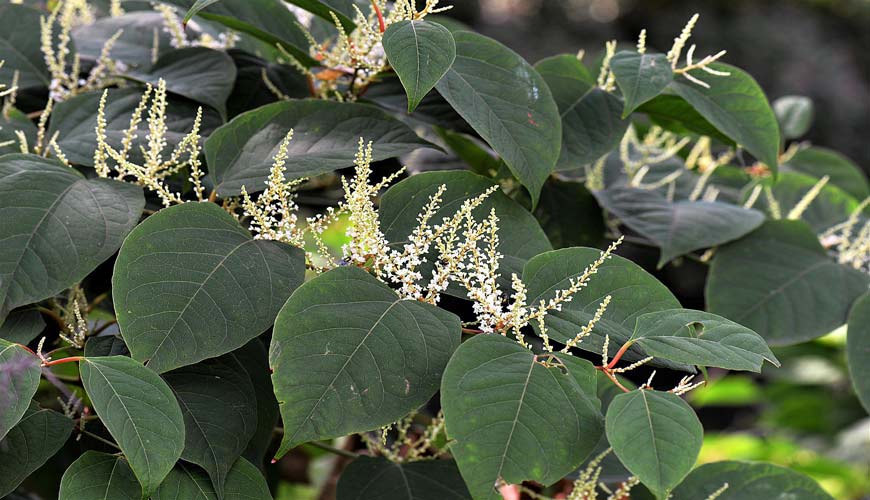
The Effects of Pollution
When you are out in nature, whether it’s one of our parks or in the mountains, remember littering and dumping in rivers, streams, hedgerows, woodlands, parks, and open spaces introduces damaging contaminants into wild environments. This can directly affect the habitats that we rely upon to keep our water and air clean, our pollinating insects healthy, and our soils full of essential recycling invertebrates and microorganisms. The impact can be significant.
Waste dumped in or near rivers and streams can flow into larger water bodies and can ultimately cause ocean pollution. Our seas and the life they support are choked with plastic, pollution, and other human-made items. If animals consume waste, it can cause health complications, even death.
There are real consequences to polluting and we need to be mindful of what we do with our waste at home, at work, and when out and about. It’s a small consideration to help maintain the health of the natural world on which we depend.
If you are interested in community environmental action, the Social Credits Scheme (SCS) supports and rewards community groups and individuals who take ownership of their environment and improve their local area by carrying out pro-environmental actions such as community clean-ups, maintenance of community gardens, graffiti removal, weeding of footpaths etc.
Protecting Dublin’s Rivers
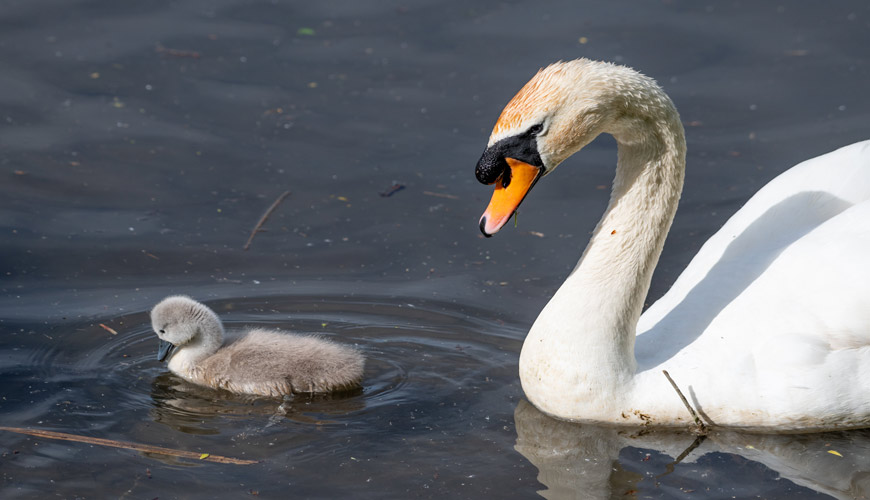
The status of the water quality in Ireland’s rivers is declining. Poor river quality can have many undesirable outcomes, such as the death of aquatic life and habitats and unsafe water for human use.
In South Dublin, the Dublin Urban Rivers LIFE project is taking steps to reverse this by reducing pollution in local rivers in South Dublin and in neighbouring Dun Laoghaire-Rathdown.
The project has two key elements.
The first examines plumbing misconnections in homes in the County. Incorrectly plumbed pipes from washing machines, dishwashers, sinks and toilets mean the wastewater goes to the rainwater drainage pipe and flows to the nearest river causing pollution.
By reconnecting these wastewater flows to the correct foul drainage network, the impact on rivers is minimised. The Dublin Urban Rivers Life project uses digital tools and data to make it quicker and easier for the Council to carry out domestic misconnection assessments around the outside of properties in South Dublin, and to try and reduce inconvenience to householders not misconnected.
The second element of the project is the construction of four wetlands, a sustainable drainage system (SuDS), to help filter water of pollutants prior to being received by rivers.
As rainfall lands on hard surfaces, human-caused pollution for example from our vehicles is collected by the water, which ends up in the surface water network and ultimately our rivers. The construction of the wetlands will help to filter such polluted water. As a SuDS, the wetlands provide multiple benefits, such as minimising flood risk and improving habitat conditions and biodiversity. They also help to promote the relationship between green infrastructure and public wellbeing, providing an additional amenity.
For more information on the project, and how your house may be contributing the problem, visit the project website here.

